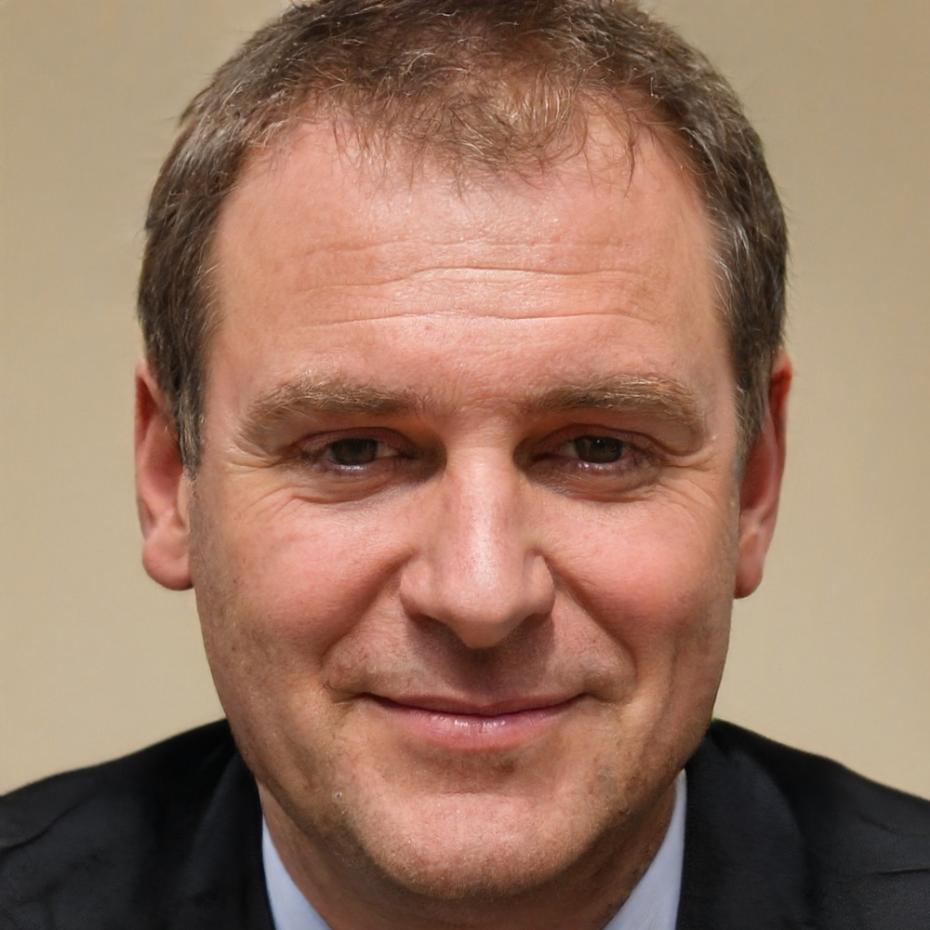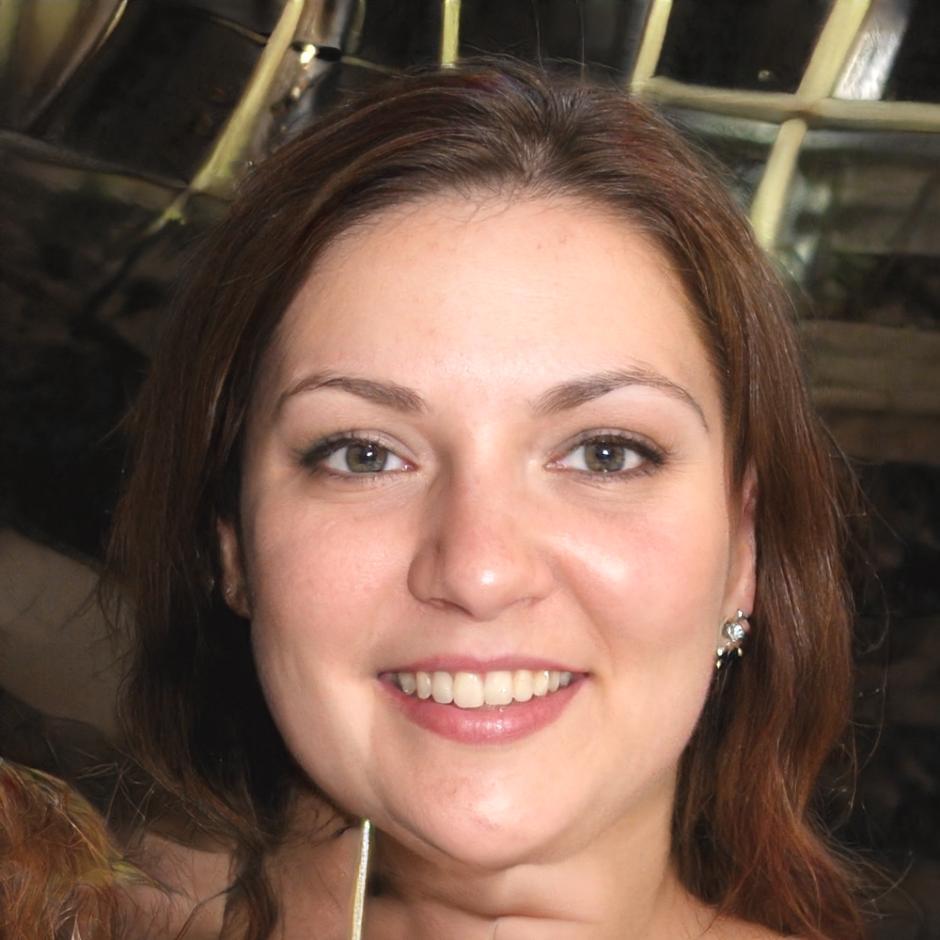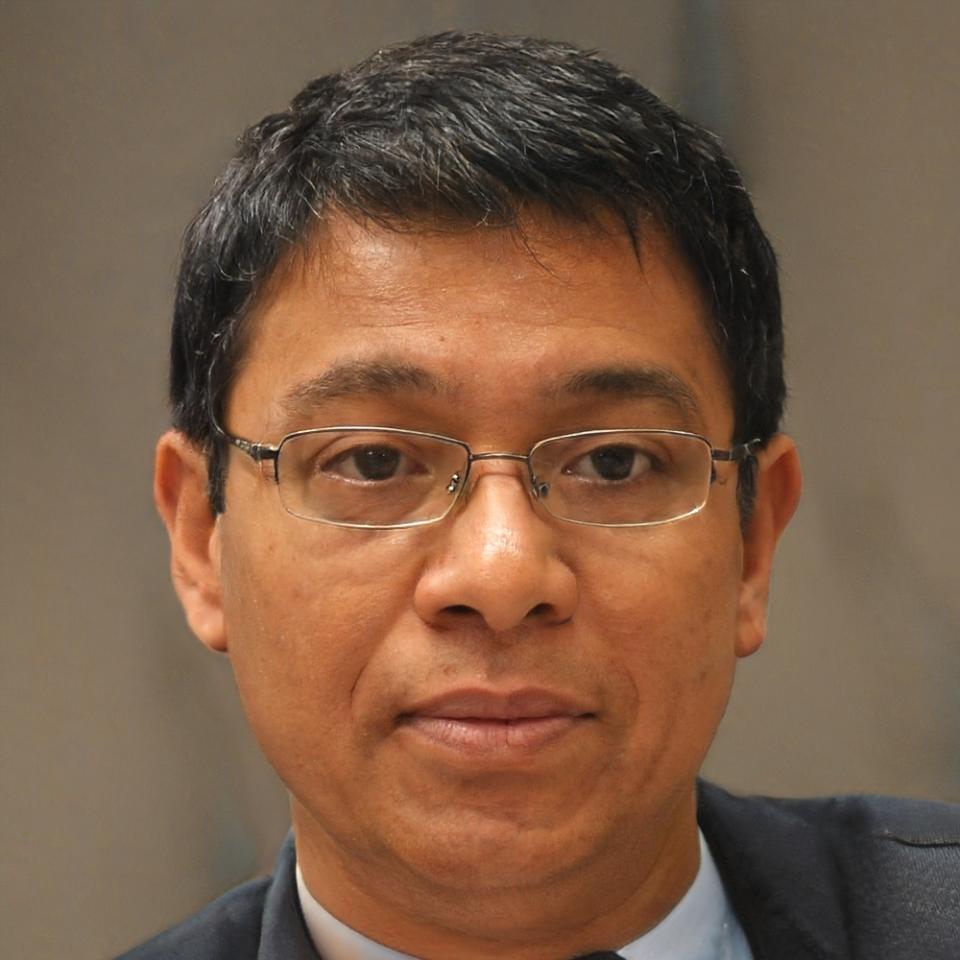Budget Prioritization Learning Journey
Your financial priorities shift as life happens. We built this program around that reality—helping you make smarter budget decisions through practical frameworks and real scenarios.
Start Your JourneyHow We Guide Your Learning
Not everyone starts from the same place. Our approach asks you questions about your current situation, then suggests paths that match where you actually are.
Where Are You Now?
Start with a quick assessment. We look at your comfort level with budgeting, current financial habits, and what's keeping you up at night about money.
Your Custom Path
Based on your answers, we map out topics in an order that builds naturally. Skip what you already know, focus on what matters for your situation.
Progress Check-Ins
Every few weeks, we ask how things are going. Your path adjusts if priorities change or new questions come up.
Learning Tracks Available in 2025
Each track runs for several months and includes live sessions, practical exercises, and support from people working through similar challenges. Fall cohorts open for enrollment in March.

Essential Budget Framework
If you're starting from scratch or need to rebuild your approach, this covers the basics that actually matter. We focus on creating a system you'll stick with, not perfect spreadsheets you'll abandon.
What Actually Works
These are real situations from people who went through the program. Names changed, but the challenges and approaches are exactly as they happened.
Restructuring After Job Change
Taegyu was switching careers with a six-month income gap. His original budget treated every category equally—utilities got the same weight as entertainment.
Through the decision framework, he learned to rank expenses by consequence. What happens if this doesn't get paid? That question alone transformed his approach.
Building Flexibility for Growth
Mirae and her partner knew they wanted kids eventually but weren't sure when. Their budget had no room for uncertainty—just fixed amounts for fixed categories.
The program introduced them to scenario planning. Not fancy forecasting, just asking "what if this happens in six months versus two years?"
Priority Sorting Under Pressure
Byeongho had three types of debt and kept trying to tackle all of them equally. Progress felt impossible because it basically was—spreading thin never works.
We worked through the actual math of interest rates versus minimum payments. Sometimes the "right" answer isn't what the calculators say—it's what keeps you motivated.
Adapting to Variable Earnings
Nari freelances, which meant her income jumped around wildly. She tried treating it like a salary and just stressed out when reality hit.
The breakthrough was building a budget around her lowest typical month, not her average. Everything above that became intentional choices, not assumed income.
Who Guides This Program
These folks review scenarios, answer questions during live sessions, and help when you're stuck on a specific situation. They've seen enough budget challenges to know the difference between theory and what actually happens.

Jinwook Hyeon
Budget Strategy Advisor
Career Transitions
Saerom Bak
Priority Planning Guide
Family Budgeting
Chunghee Myeong
Debt Strategy Specialist
Payment Prioritization
Woojin Gim
Variable Income Coach
Freelancer Finances